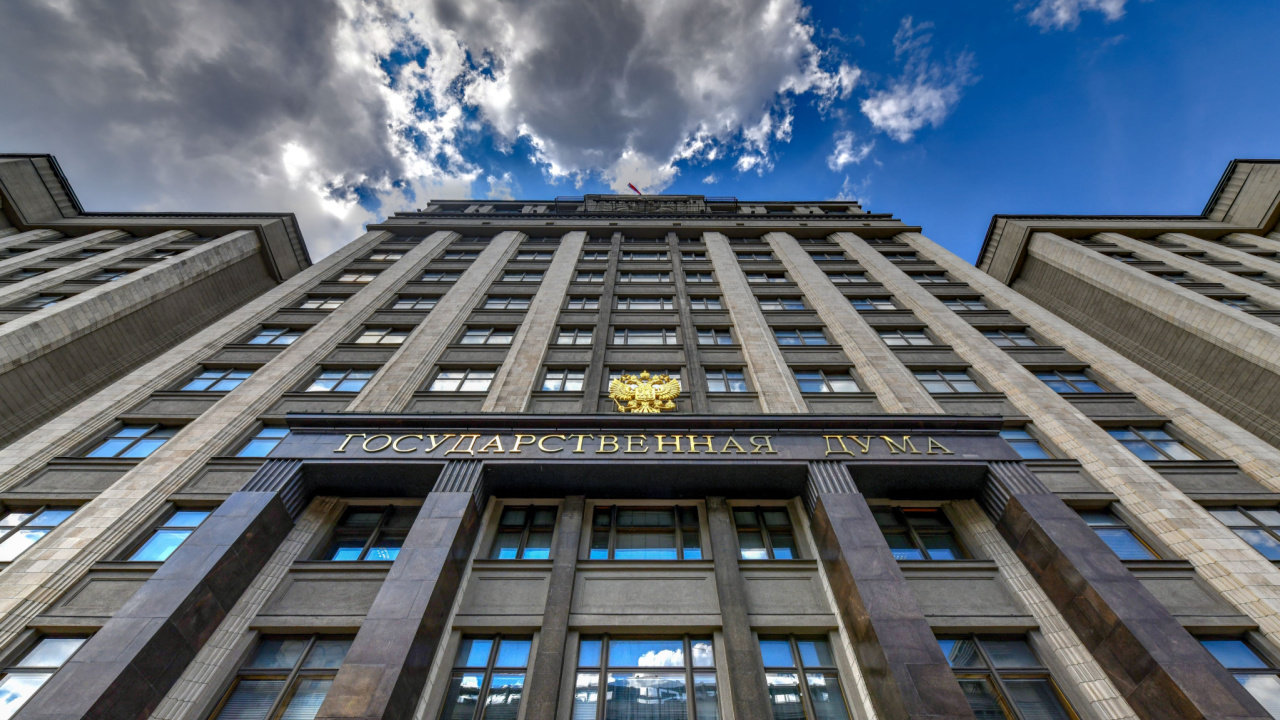Tags in this story
bill, Crypto, crypto miners, crypto mining, Cryptocurrencies, Cryptocurrency, draft law, Duma, Legislation, Miners, mining, proposal, Regulations, rejection, rules, Russia, Russian, Russian Parliament, State Duma
all about cryptop referances

The lower house of the Russian parliament, the State Duma, has voted against a piece of legislation designed to regulate cryptocurrency mining. While lawmakers rejected the proposal, which also aimed to legalize crypto payments in the country, another mining bill, which allows cross-border transactions of digital assets, is expected in the legislature in the near future.
This week, the State Duma of the Russian Federal Assembly voted to reject a bill on cryptocurrency mining. The bill “On mining in the Russian Federation” was presented earlier by members of the liberal New People faction.
Legislators criticized the sponsors for not properly formulating regulatory principles for the activity, as well as requirements for data centers and mining operators and proposing a procedure for taxation of mining companies.
Representatives of the parliamentary committees reviewing the legislation also described it as fragmented and ambiguous, Russian crypto news outlet Bits.media reported. They highlighted that it does not specify how miners and their equipment will be registered or how those who mine as individual entrepreneurs will be identified.
The rejection of the bill follows a recommendation from the Financial Markets Committee. The members noted that it provides for the use of cryptocurrencies for payments in the Russian Federation, when the country’s constitution defines the Russian ruble as the only legal tender and prohibits so-called “monetary surrogates.”
Meanwhile, another bill to regulate the mining of digital currencies has been introduced this week as well. According to Anton Gorelkin, Deputy Chairman of the Duma Committee on Information Policy, this new draft, which will include provisions allowing cross-border crypto payments and facilitating the development of domestic crypto infrastructure, will be filed soon.
Quoted by RBC Crypto, Gorelkin explained on Telegram that this will be a more elaborate document that takes into account the opinions of the Central Bank and the Ministry of Finance and does not threaten the ruble as the sole means of payment in Russia. The lawmaker represents the ruling conservative United Russia party.
The future of cryptocurrencies and related activities such as mining has been the subject of protracted discussions between government institutions in Moscow over the past year. Most officials argue that they should not be used for payments in Russia, but due to sanctions pressure, the idea of legalizing international crypto settlements has gained support.
A draft law “On Digital Currency” is also expected to fill the gaps in the regulatory framework that remain after the adoption of the law “On Digital Financial Assets.” The latter came into force in January last year and primarily covers digital coins and tokens from an issuer.
Over the past couple of years, bitcoin mining has established itself as a profitable business in Russia, especially in its energy-rich regions. According to a recent report, revenues in the sector increased 18 times since 2017, but Russian miners were hit hard by Western restrictions imposed over the invasion of Ukraine.
Do you think the Russian parliament will support the new cryptocurrency mining bill? Share your expectations in the comments section below.
Image credit: Shutterstock, Pixabay, Wiki Commons